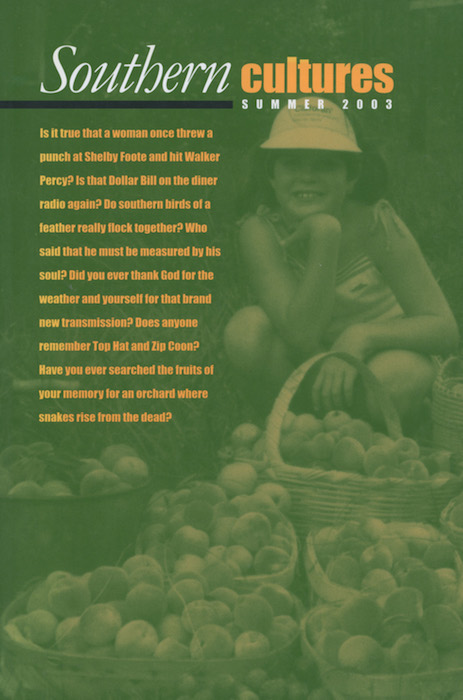University of Illinois Press, 2002.
Hank Williams once remarked on the important connections between so-called hillbilly music and the hardscrabble rural backgrounds of its singers. “He sings more sincere than most entertainers,” Williams explained, “because the hillbilly was raised rougher than most entertainers. You got to know a lot about hard work. You got to have smelt a lot of mule manure before you can sing like a hillbilly.” Southern white working people probably made their single greatest contribution to American popular culture with country music. From its humble beginnings, the music has risen to become a multi-billion dollar global industry, so popular internationally, in fact, that it is not uncommon to find Japanese bluegrass bands and German rockabillies. Now, Bill C. Malone, professor emeritus of history at Tulane University and one of the leading authorities on country music, explores the southern, working-class origins and development of the music in his insightful new book, Don’t Get Above Your Raisin’: Country Music and the Southern Working Class. One of the pioneers of serious country music scholarship, he has written or edited four well-received books on the subject, including Country Music, U.S.A. (originally published in 1968, revised and enlarged in 1985), which remains the definitive history. But Malone was a fan of country music long before he became its most distinguished scholar, and insights about southern culture and music drawn from his working-class youth in east Texas during the 1930s and 1940s inform Don’t Get Above Your Raisin’.


